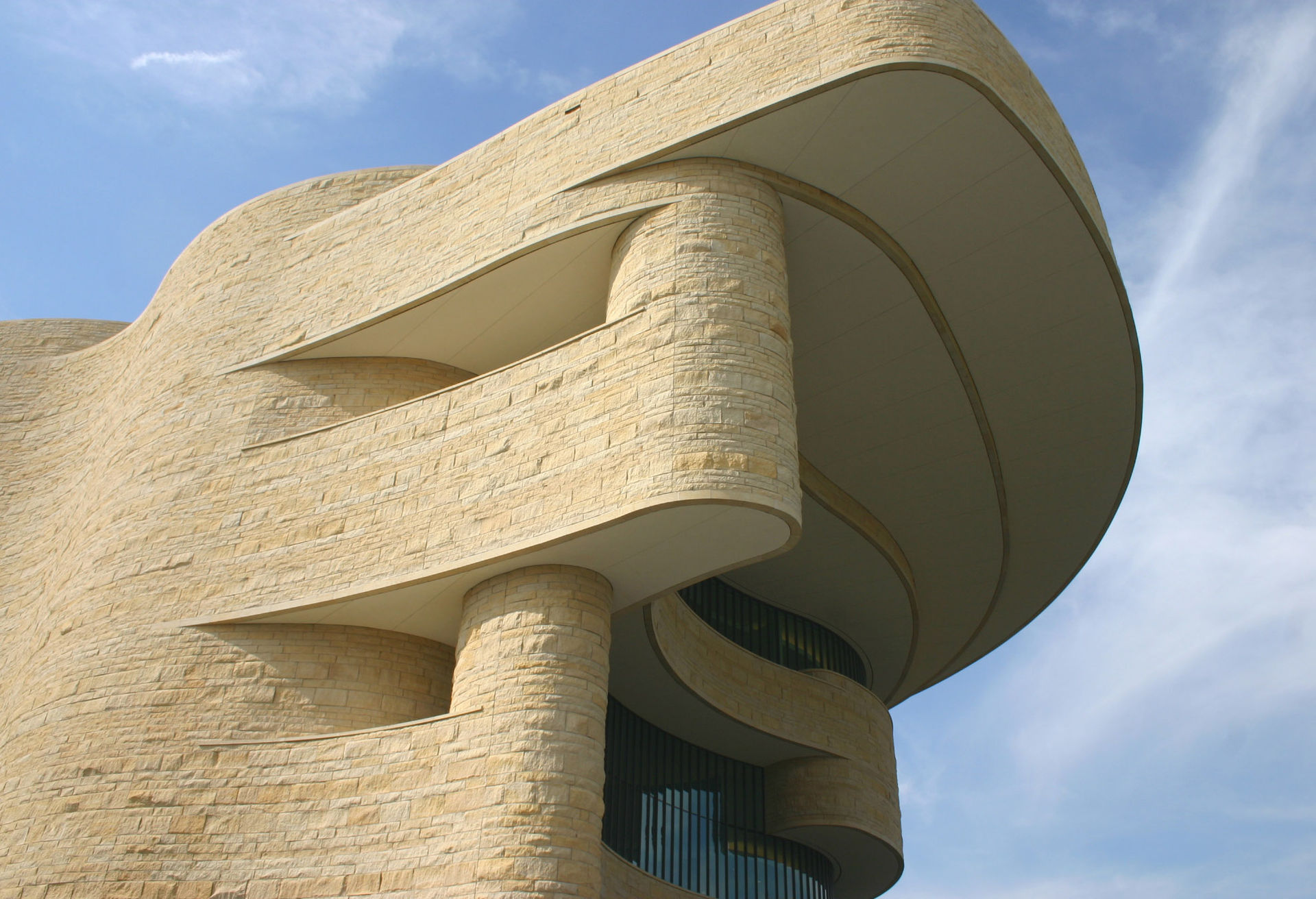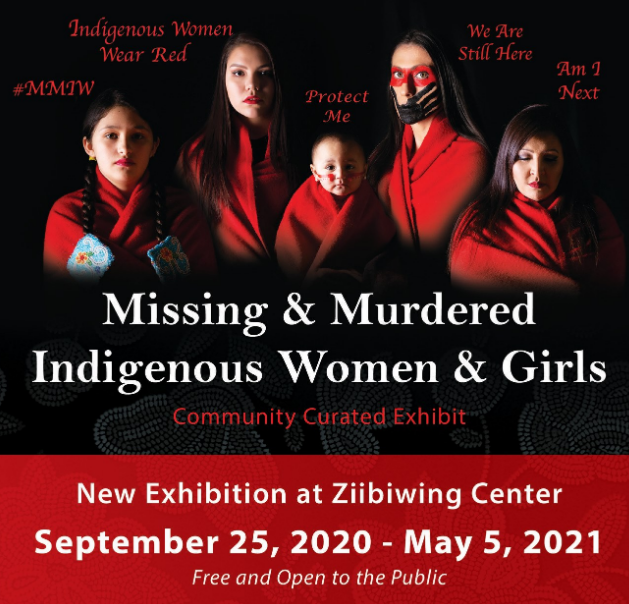
- Details
- By Native News Online Staff
Need weekend plans? Here’s a few events starting this weekend across Indian Country.
NATIONAL MUSEUM OF THE AMERICAN INDIAN REOPENS, Friday, Sept. 25
After being closed because of the Covid-19 pandemic, the National Museum of the American Indian in Washington, D.C., reopens to the public this Friday, Sept. 25. The museum will be open Wednesday to Sunday, from 11 a.m. to 4 p.m. Free timed-entry passes are required and are available on the museum’s website.
The museum in New York City remains closed.
WHAT: Reopening of the National Museum of the American Indian in Washington, D.C.
WHEN: Friday, Sept. 25; 11 a.m. EDT
WHERE: Fourth Street & Independence Avenue, Washington, D.C.
CALIFORNIA NATIVE AMERICAN DAY, Friday, Sept. 25
With 109 federally recognized tribes and several state recognized tribes, California celebrates California Native American Day on Friday, Sept. 25.
The day started in 1939 by then-state governor Culbert Olson, who announced a day in September “Indian Day.” In 1968, Gov. Ronald Reagan, along with California tribal leaders, acknowledged the fourth Friday as California Native Indian Day in September. It wasn’t until 1998 that it became an official “state holiday” to not only acknowledge, but to learn about the culture, histories and heritage of tribal nations within the state.

WHAT: Virtual poetry reading by Emily Clarke (Cahuilla), Kelly Cabellero (Tongva), and Megan Dorame (Tongva)
WHEN: Friday, Sept. 25; 3 p.m. PDT
WHERE: RSVP here
This event is sponsored by UCLA American Indian Studies Center
MICHIGAN INDIAN DAY, Friday, Sept. 25
The fourth Friday in September of each year is known as Michigan Indian Day. This designation dates back to 1974 when the Michigan legislature enacted Public Act 30. In 2007, the Michigan House of Representatives said: “Michigan Indian Day is an excellent opportunity for Michigan citizens to better understand and appreciate the many contributions that people of Native American descent have made to our state.”
The Grand Rapids Native community will celebrate Michigan Indian Day at:
WHAT: Michigan Indian Day Celebration
WHEN: Friday, Sept. 25; 12 noon – 4 p.m. - EDT
WHERE: Rosa Park Circle, 135 Monroe Center N.W., Grand Rapids, Mich.
Speakers will speak on the importance of preservation and the celebration of Native culture. American Indian foods will be available for purchase.
This event is sponsored by the Anishinaabe Circle.
Due to the ongoing Covid-19 pandemic, CDC guidelines such as facial masks social distancing of six feet will be required at the event.
Missing and Murdered Indigenous Women and Girls Exhibition, Opens Sept. 25
The Saginaw Chippewa Indian Tribe of Michigan and its Ziibiwing Center of Anishinabe Culture & Lifeways will hold a virtual grand opening of Boontak! (Stop it!): Stolen Daughters of Turtle Island at 12 noon on Friday, Sept. 25.
The exhibition seeks to raise awareness about the atrocities of the Missing and Murdered Indigenous Women and Girls (MMIWG) crisis that impacts tribal communities across Turtle Island.
Saginaw Chippewa tribal citizen and accomplished photographer Marcella Hadden and her granddaughter Christina Benz took photographs that capture the synergy among Native Americans fighting back against the injustice.
WHAT: Virtual opening of Missing and Murdered Indigenous Women and Girls Exhibition
WHEN: Friday, Sept. 25; 12 noon EDT
WHERE: www.sagchip.org
The exhibition will be on display at the Ziibiwing Center of Anishinabe Culture & Lifeways, 6650 East Broadway Road, Mt. Pleasant, Mich., from Sept. 25, 2020 to May 5, 2021.

For more information about the exhibition and events, contact the Ziibiwing Center at 989-775-4750 or visit www.sagchip.org/ziibiwing.
Editor's Note: If you have an upcoming event or powwow you want shared with Native News Online readers, please send information in advance to: [email protected]
More Stories Like This
Native News Weekly (August 25, 2024): D.C. BriefsUS Presidents in Their Own Words Concerning American Indians
Assistant Secretary Billy Kirkland Makes First Tribal Visit in New Role
Court Temporarily Blocks Navajo Presidential Removal Legislation
Monday Morning (November 24, 2025): Articles You May Have Missed This Past Weekend
Help us tell the stories that could save Native languages and food traditions
At a critical moment for Indian Country, Native News Online is embarking on our most ambitious reporting project yet: "Cultivating Culture," a three-year investigation into two forces shaping Native community survival—food sovereignty and language revitalization.
The devastating impact of COVID-19 accelerated the loss of Native elders and with them, irreplaceable cultural knowledge. Yet across tribal communities, innovative leaders are fighting back, reclaiming traditional food systems and breathing new life into Native languages. These aren't just cultural preservation efforts—they're powerful pathways to community health, healing, and resilience.
Our dedicated reporting team will spend three years documenting these stories through on-the-ground reporting in 18 tribal communities, producing over 200 in-depth stories, 18 podcast episodes, and multimedia content that amplifies Indigenous voices. We'll show policymakers, funders, and allies how cultural restoration directly impacts physical and mental wellness while celebrating successful models of sovereignty and self-determination.
This isn't corporate media parachuting into Indian Country for a quick story. This is sustained, relationship-based journalism by Native reporters who understand these communities. It's "Warrior Journalism"—fearless reporting that serves the 5.5 million readers who depend on us for news that mainstream media often ignores.
We need your help right now. While we've secured partial funding, we're still $450,000 short of our three-year budget. Our immediate goal is $25,000 this month to keep this critical work moving forward—funding reporter salaries, travel to remote communities, photography, and the deep reporting these stories deserve.
Every dollar directly supports Indigenous journalists telling Indigenous stories. Whether it's $5 or $50, your contribution ensures these vital narratives of resilience, innovation, and hope don't disappear into silence.
 The stakes couldn't be higher. Native languages are being lost at an alarming rate. Food insecurity plagues many tribal communities. But solutions are emerging, and these stories need to be told.
The stakes couldn't be higher. Native languages are being lost at an alarming rate. Food insecurity plagues many tribal communities. But solutions are emerging, and these stories need to be told.
Support independent Native journalism. Fund the stories that matter.
Levi Rickert (Potawatomi), Editor & Publisher

